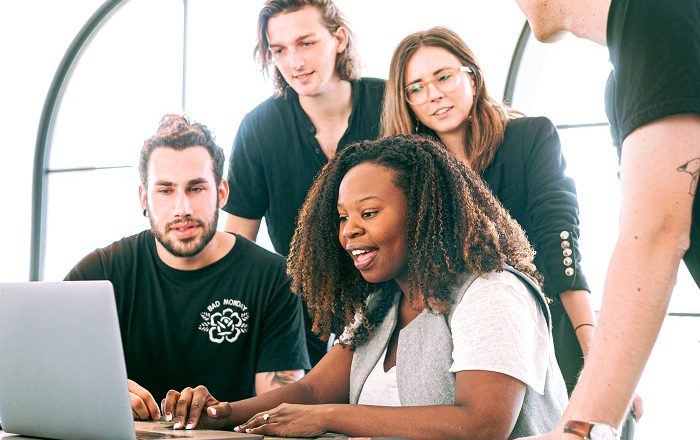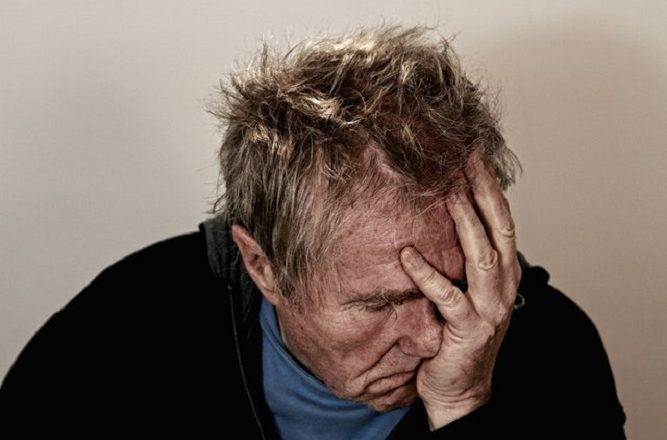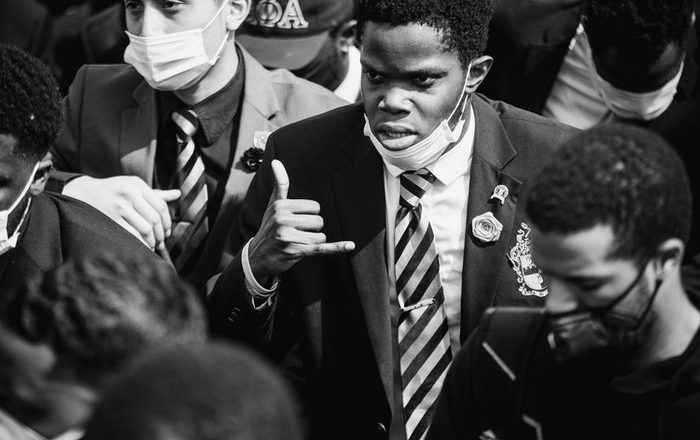Policies That Encourage Workers To Show Up Sick Are Legal – Meatpacking Plants Have Been Deadly COVID-19 Hot Spots
Working in meatpacking plants has always been dangerous. A recent study shows that it became deadlier in the era of COVID-19, even as company profits soared.
This analysis, published in December 2020, estimates that 6%-8% of all COVID-19 cases and 3%-4% of all COVID-19 deaths in the U.S. were tied to meat and poultry plants. Workers in these facilities stand close together on processing lines, which makes social distancing difficult.
At the same time, companies like Tyson, which produces chicken, beef and pork, and JBS, which produces beef and pork, are reporting high earnings despite COVID-related challenges such as plant closures.
I am a law professor and have written about links between lax state and federal enforcement of health and safety laws and increased rates of COVID-19 infect...



